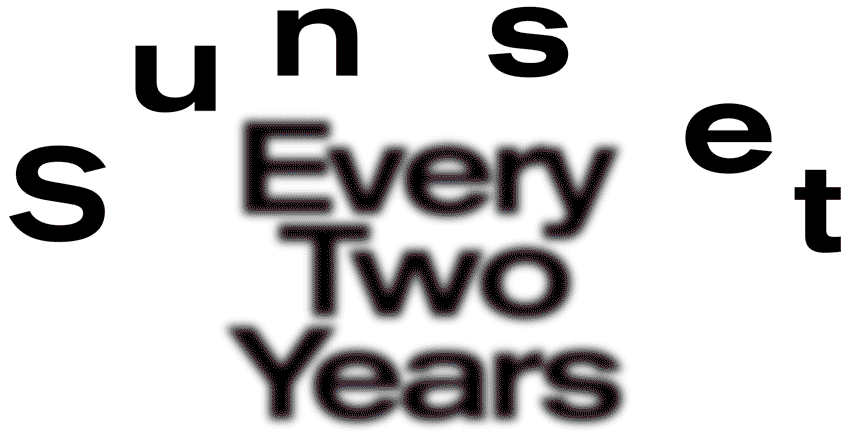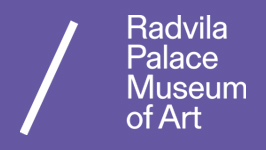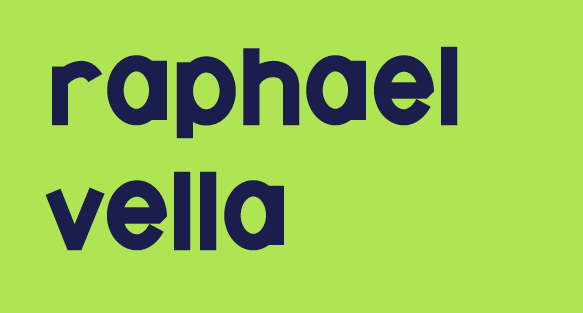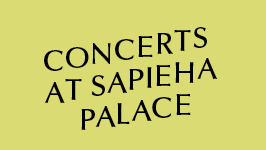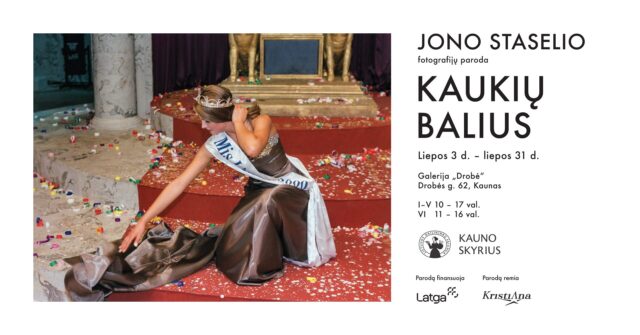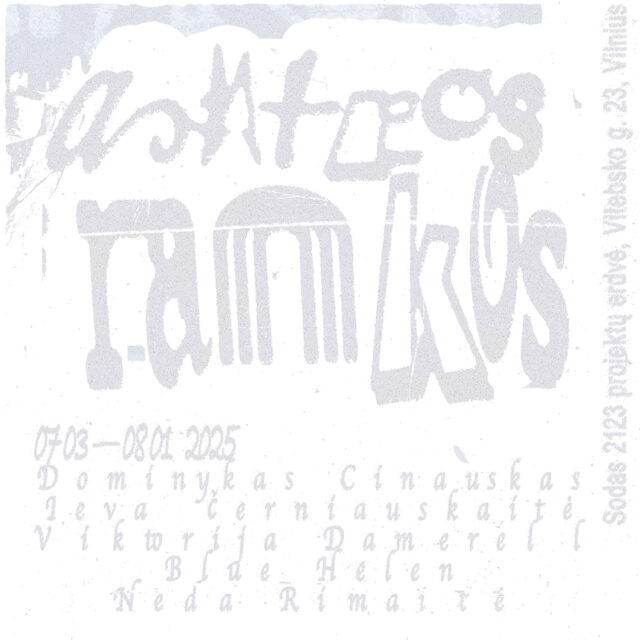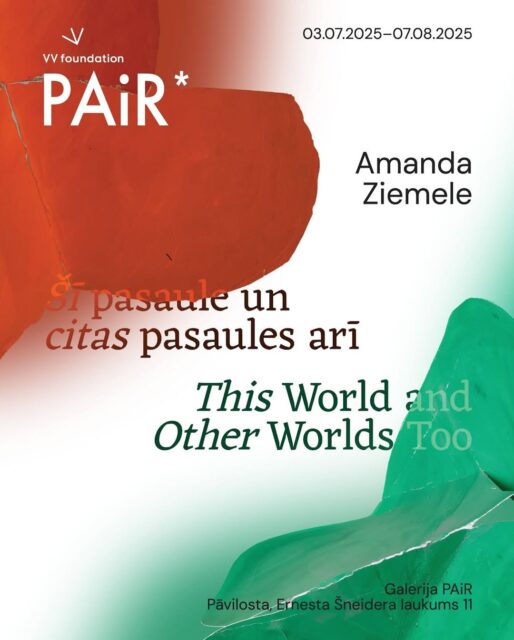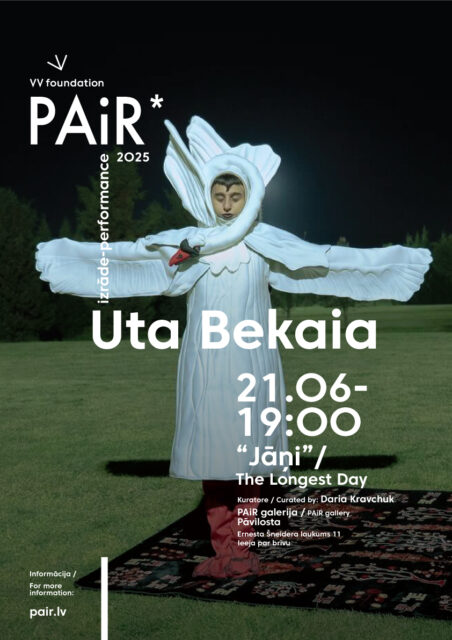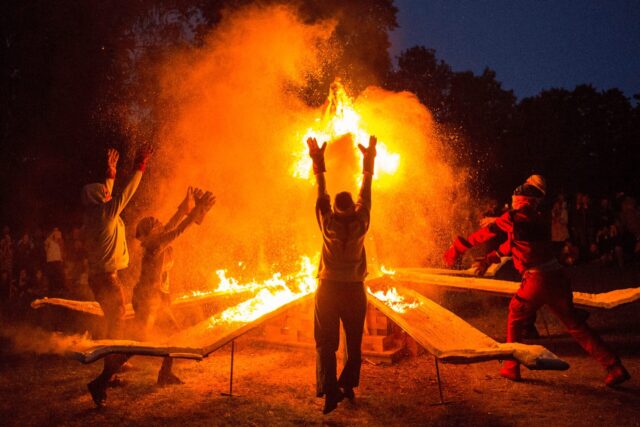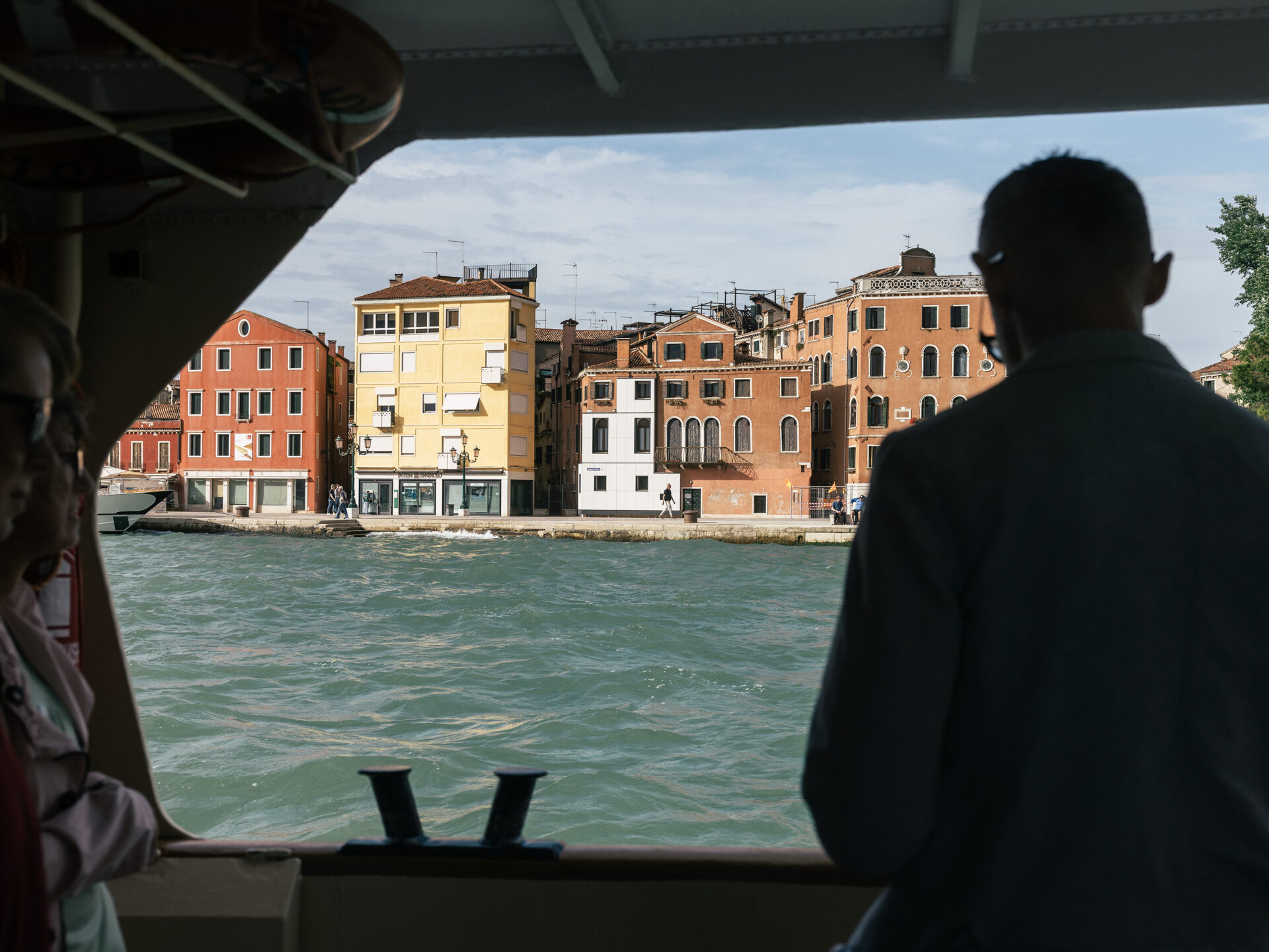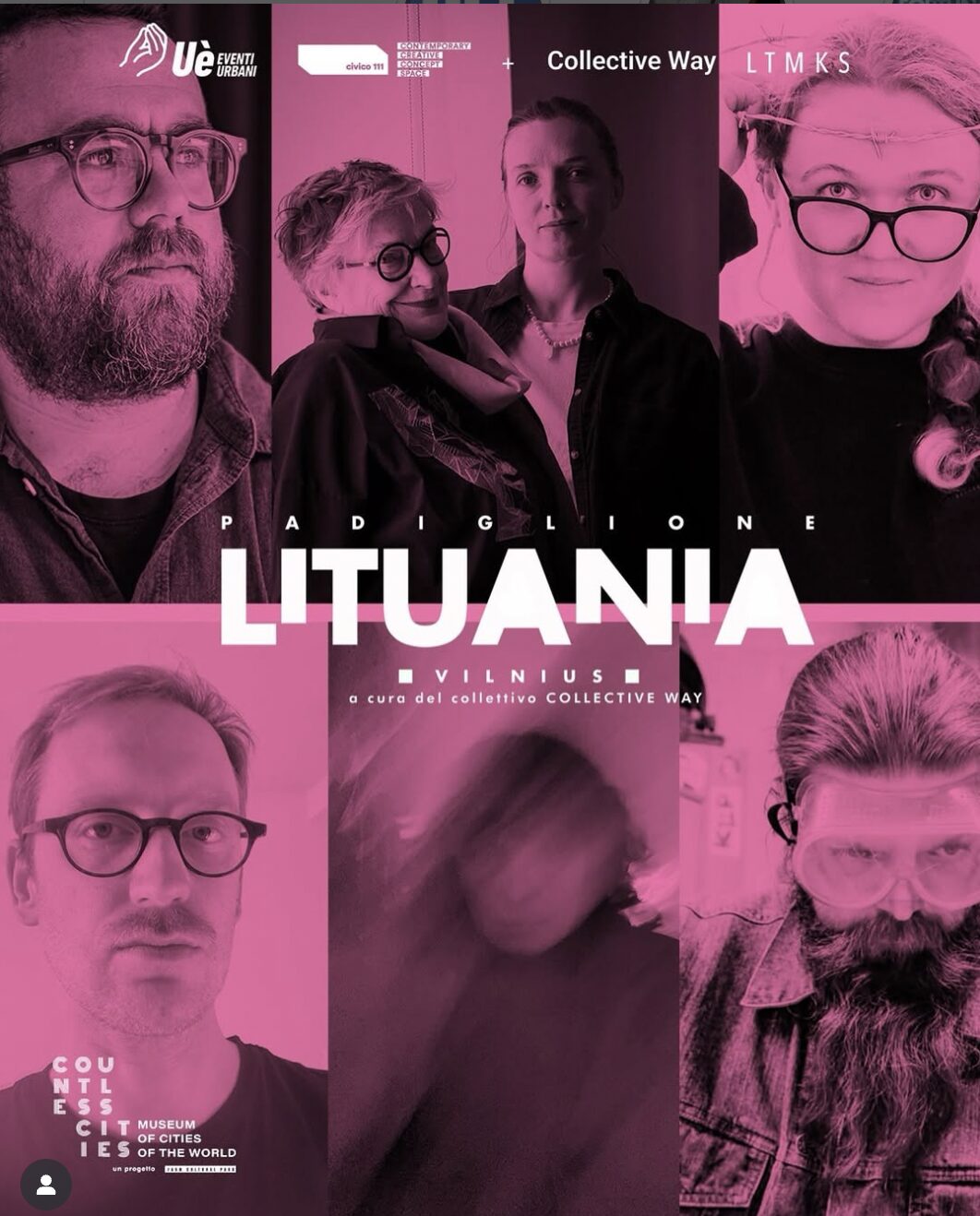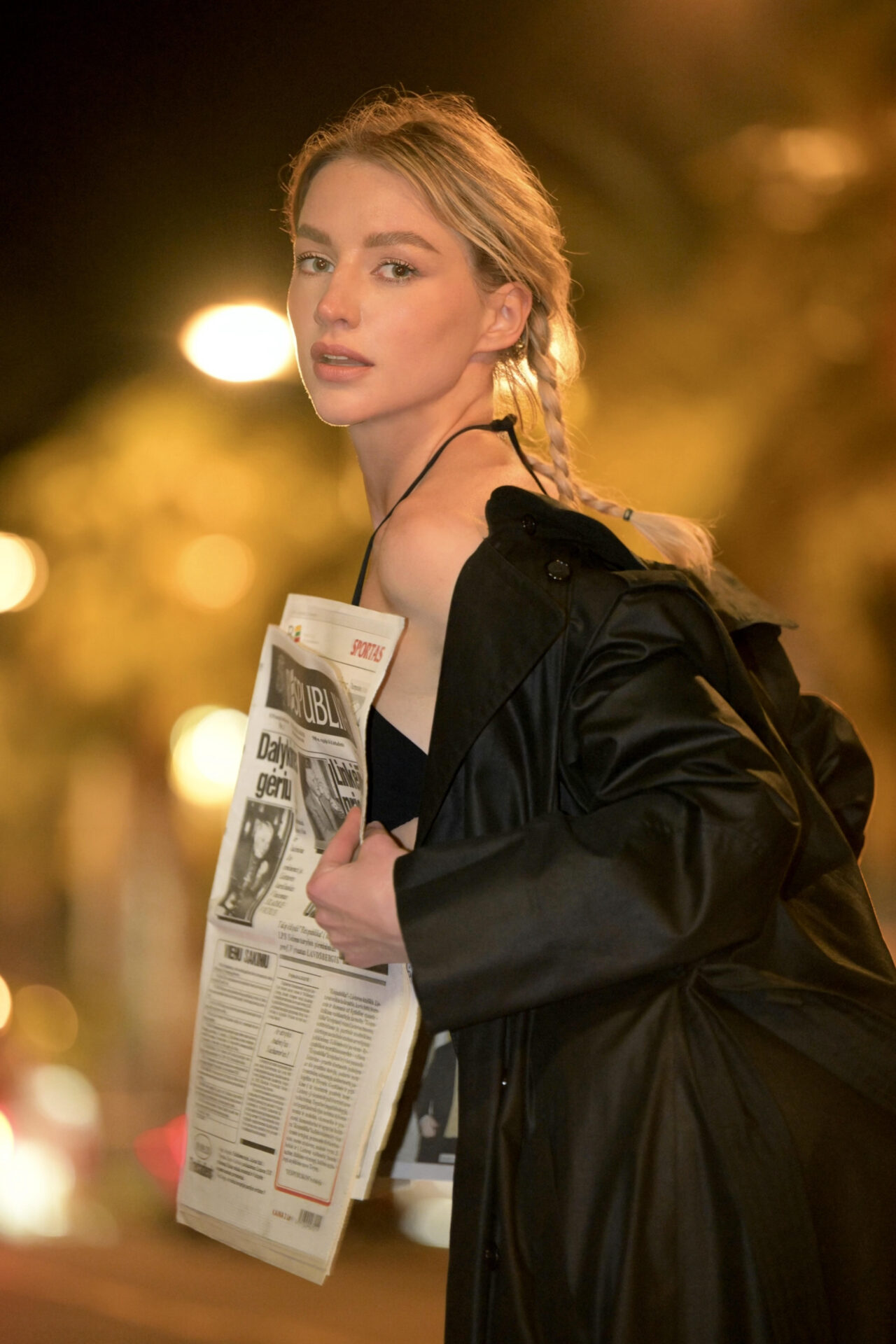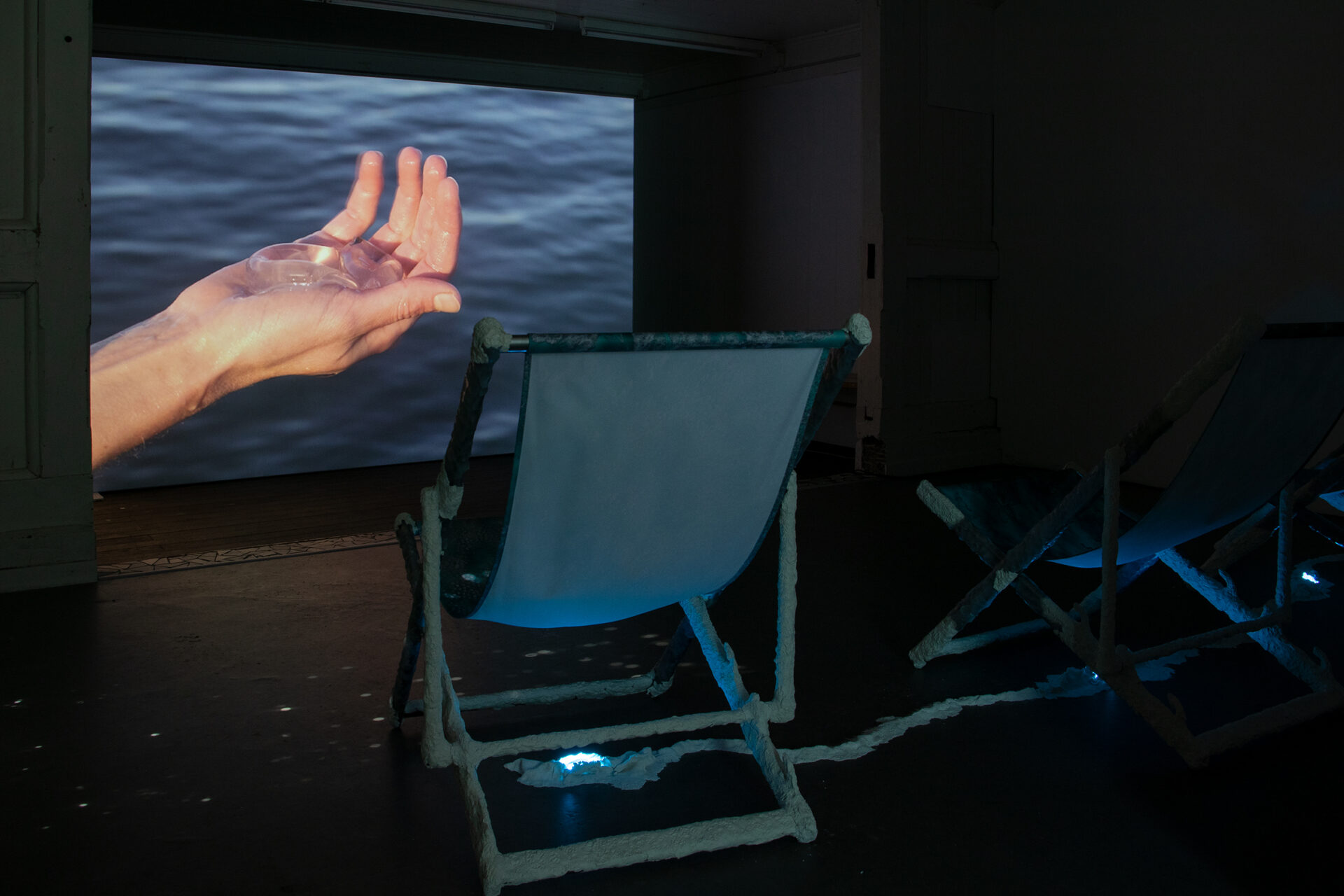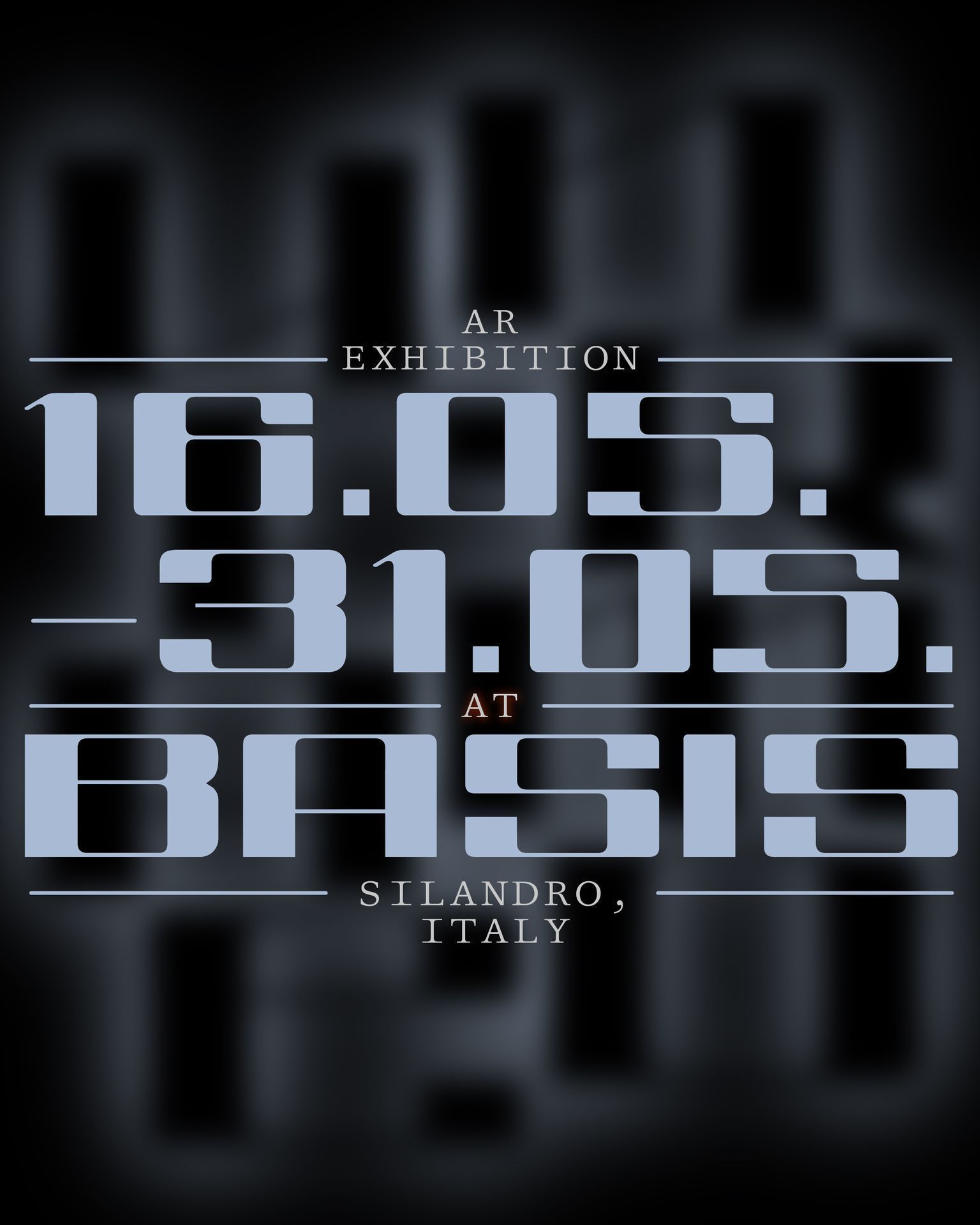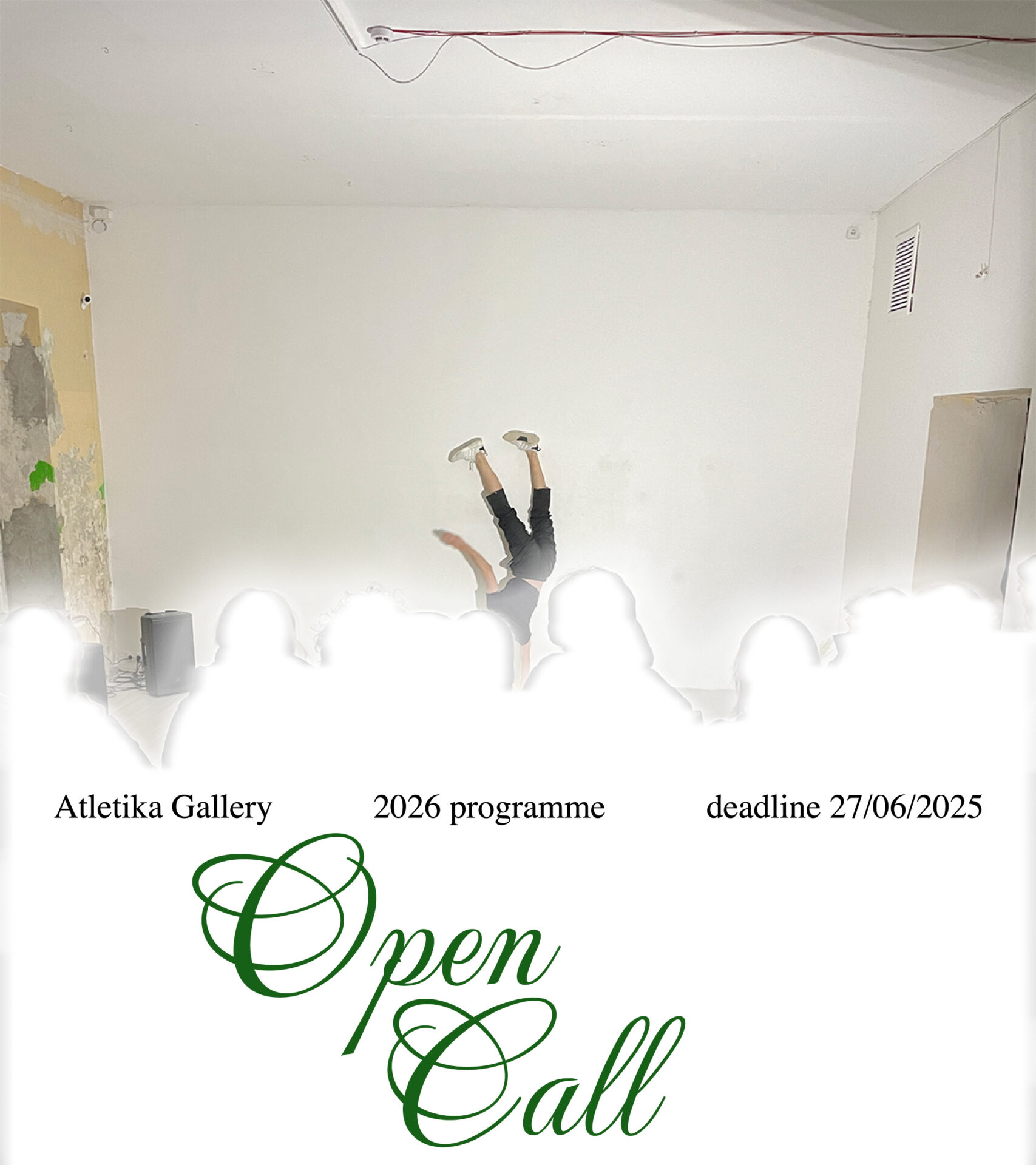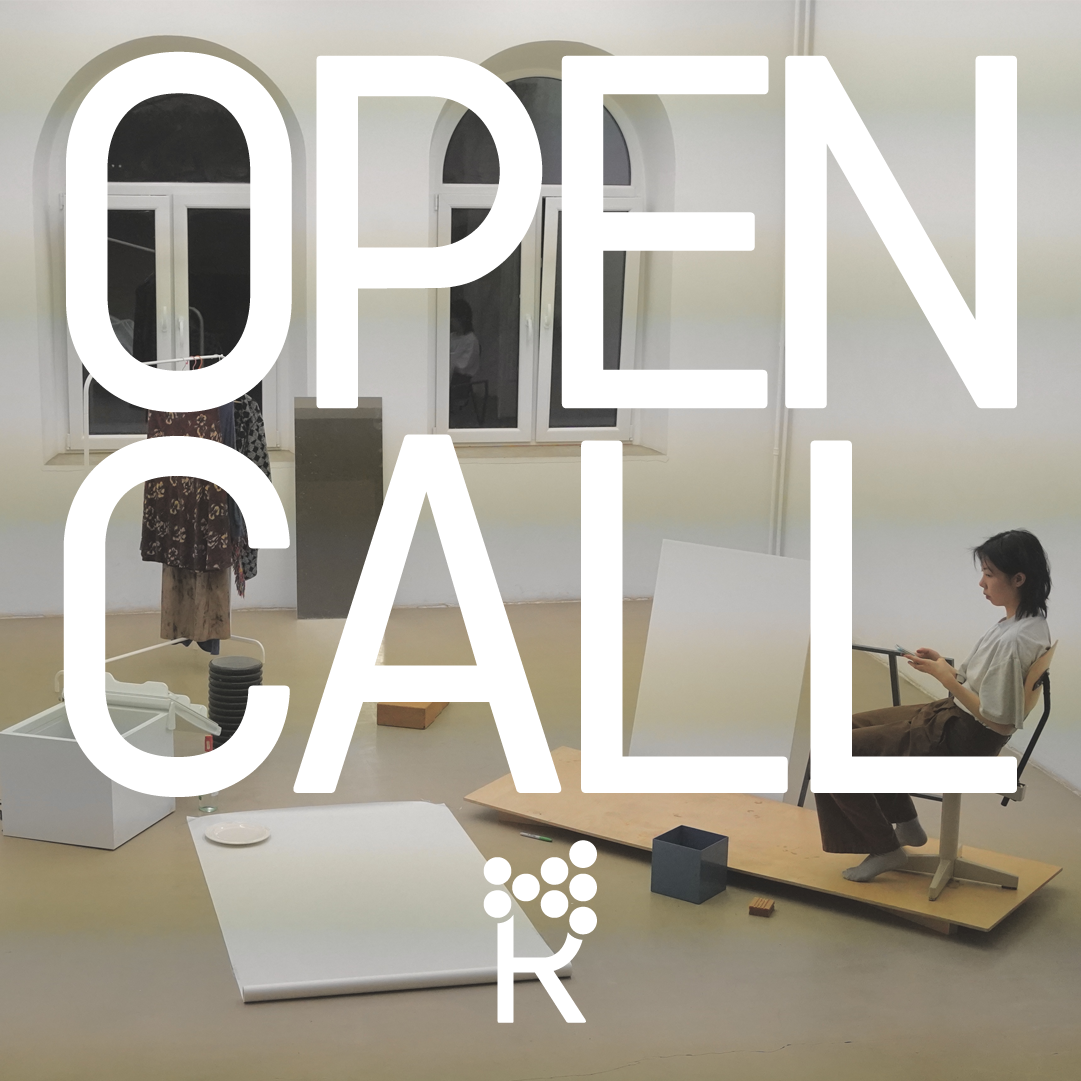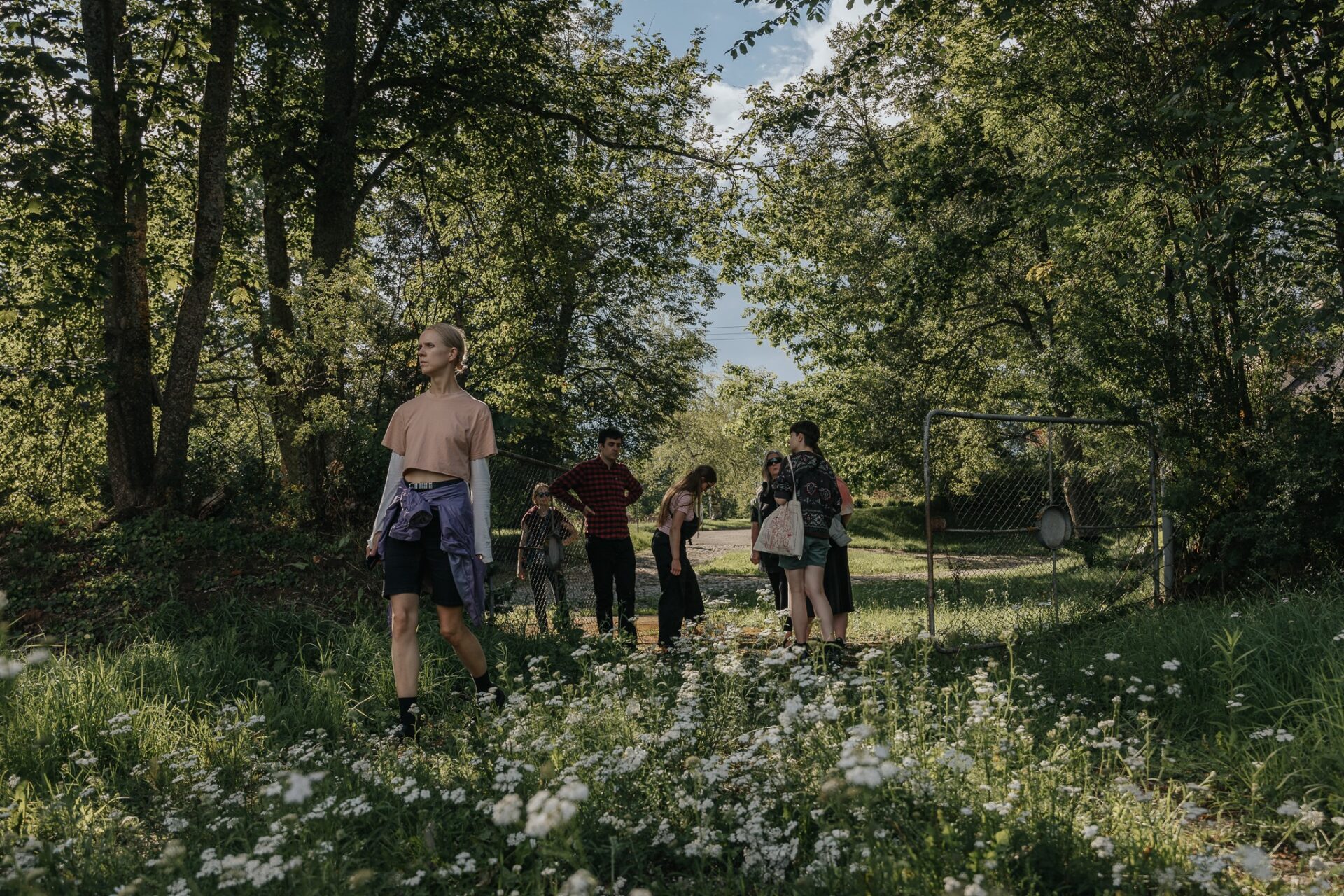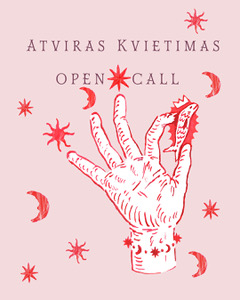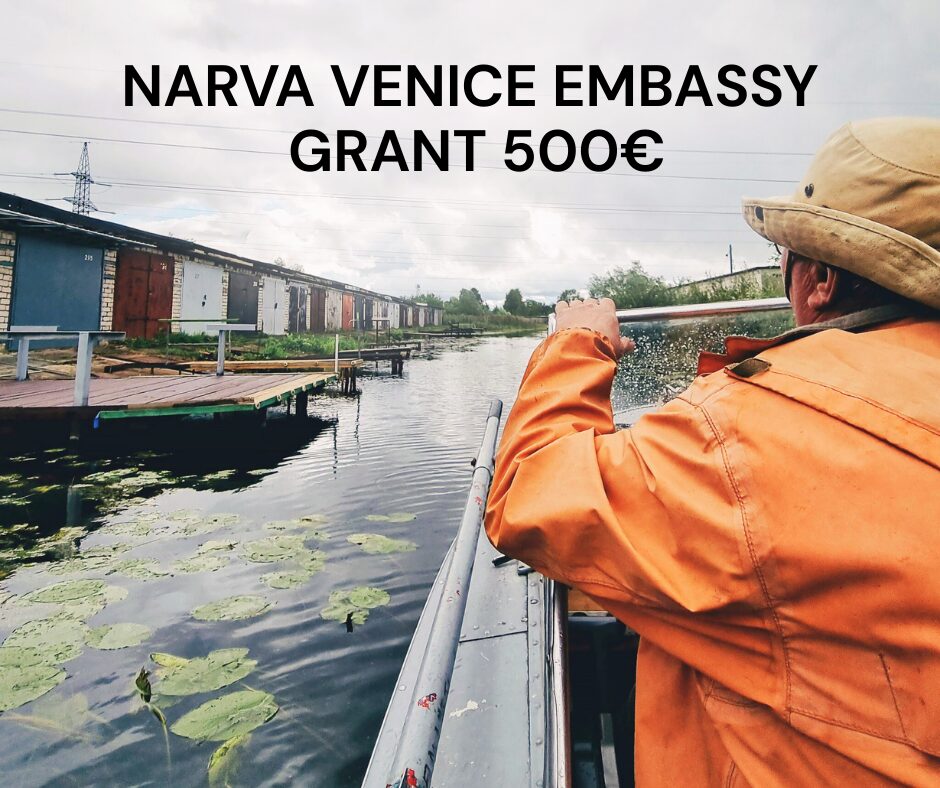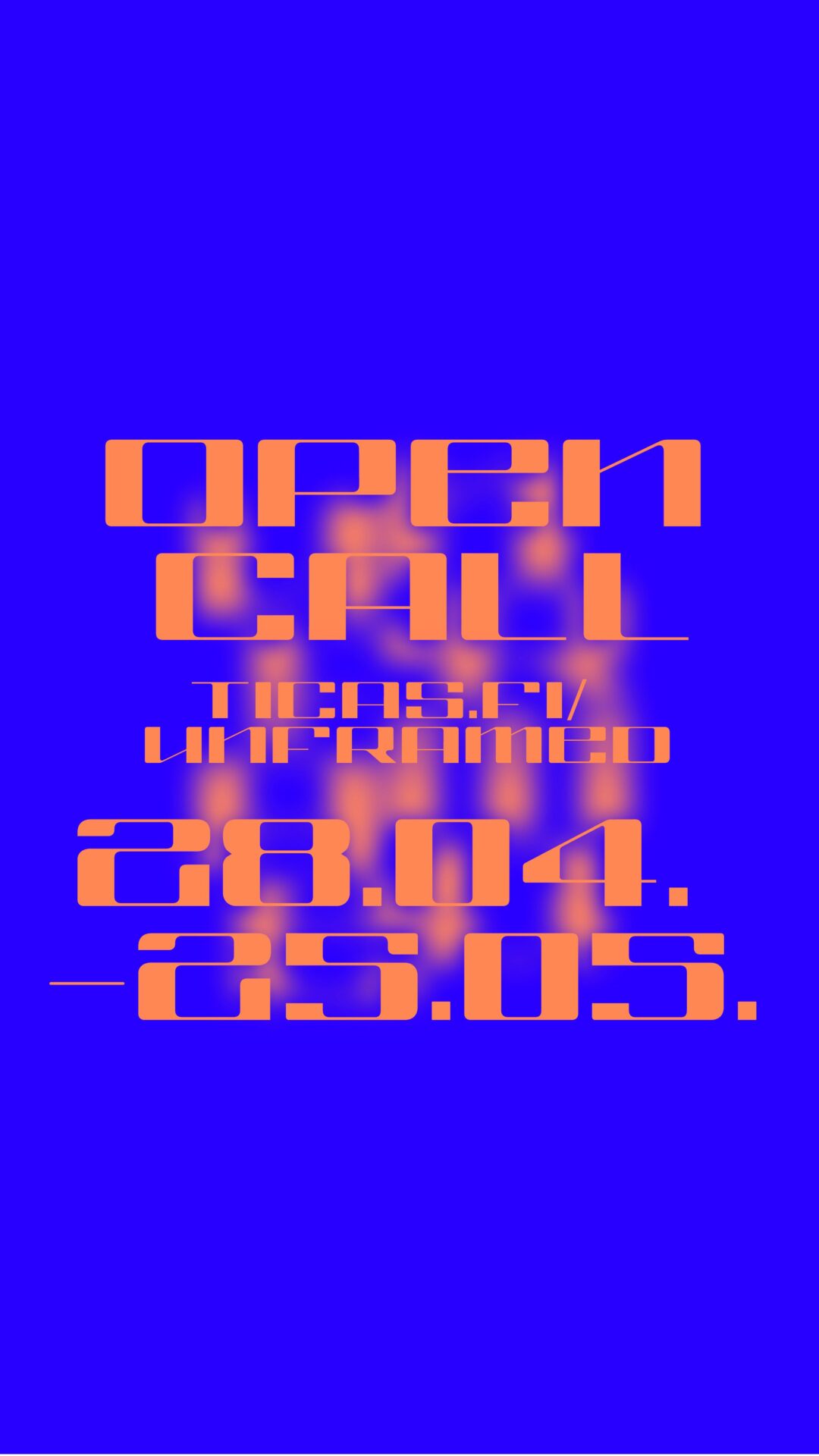For the 14th editions of both Kaunas Biennial (Lithuania) and of Contemporary Art Festival Survival Kit (Latvia), co-curators Alicia Knock and Inga Lāce gather almost 40 artists across two cities to present Long-distance Friendships. These sister exhibitions, which open 25 August in Kaunas and 7 September in Riga invite visitors to engage with stories of transnational solidarity, resistance and resilience, from post-socialist and post-colonial world where microhistories of friendships become a starting point for contemporary alliances.
Long-distance Friendships will invest in defunct infrastructures providing opportunities for reimagining them in the present. What new kinds of transactions might be supported, whether based on exchange and gifting or on fragmentation and impossibility? Knock and Lāce have chosen to engage with contemporary artists with strong ties to Africa and Eastern Europe, across diaspora and within open-ended research paths.
Co-curators Knock and Lāce elaborate:
“This project attempts to connect distant histories that are linked more closely than many are aware of. Our choice of venues is not a coincidence. The old central post office in Kaunas and the market in Riga are both collapsed spaces for exchange and togetherness, built on personal histories. In a time of geopolitical fragmentation, it is important to strive for international alliances that are forged through collaboration rather than power dynamics.”
14th Kaunas Biennial: Long-distance Friendships
The two-month Kaunas Biennial will be housed in one of the most significant sites of interwar Lithuanian architecture, the Central Post Office (1931, architect Feliksas Vizbaras), and in a 19th century concrete warehouse. One commission takes place at the former textile factory. Artists from around 20 countries will present personal stories of exchanges and acts of resistance echoing Long-distance Friendships’ strong focus on rethinking communication.
The main hall of the post office will be reanimated with exchange of letters, postcards and stamps shared by artists encountered during the research process, from countries such as Benin, Uganda, Sudan and Zimbabwe, who will remember their time in the former USSR and former Yugoslavia. Alternative communication tools based on translation and coded language will for example unfold in the work of Nino Krvivishvili and Marie-Claire Messouma Manlanbien, using symbols drawn from textile patterns hinting at the textile history of the city. Other works will communicate via embodied interactions, like the African Post Office reenacted by Sumayya Vally, Moad Musbahi and Thania Petersen or the mailboxes for “future generations” by Ibrahim Mahama.
The post office reveals itself as a transhistoric site of censorship and resistance through the photographic intervention of François Xavier Gbre, and underground works of Admire Kamudzengerere and Kemang Wa Lehulere, mirroring the life of freedom fighters like Angela Davis.
In the concrete warehouse, Yonamine and Ihosvanny Cisneros reimagine a refugee camp from the Civil War in Angola as a learning space, while Šejla Kamerić disseminates messages from the survival guide of the siege of Sarajevo.
Contemporary Art Festival Survival Kit 14: Long-distance Friendships
This year, Survival Kit takes place at the 19th century Vidzeme Market. Embedded in the complex legacy of the Cold War festivals that served as performances of peace and friendship, 28 participating artists and collectives propose a redefined framework for a transnational event addressing the issues of co-existence today. Cross-cultural exchanges enact a deconstructed congress for future friendships, where traces of lesser-known episodes of Soviet cultural diplomacy merge with fictional encounters.
Artists Adéla Součková and Natalie Perkof trigger paradoxical desires from the present, unborn from a shared past. Historical episodes are complicated by the ever-growing and decaying ecologies of personal friendships through the flower works of Ilona Németh and Endri Dani. Anawana Haloba and Lala Raščić offer gestures of care drawn from food and operatic forms of music. Long-forgotten geometries of friendship open up through Tashkent Afro-Asian Film and Writer’s conferences, redrawn by DAVRA Collective and Anna Ehrenstein, while Anastasia Sosunova addresses the absence of queer stories in historic representations of solidarity.
Beyond festivals, the history of film will be unpacked by Jihan El Tahri, Zbyněk Baladrán and Tereza Stejskalová, exposing the journeys of Guinean and Senegalese filmmakers who were offered scholarships to study in Moscow, Prague and Lodz. Riga-based Inga Erdmane and Žulijens Nuhums Kulibali rework material from the former students of the Aviation Institute, also detailing experiences of their children, the second generation of Afrolatvians.
Participating Artists (* denotes work in both Riga and Kaunas)
14th Kaunas Biennial: Georges Adéagbo, Andrius Arutiunian, Judy Blum Reddy, Ihosvanny Cisneros, Andro Eradze, Ângela Ferreira*, François Xavier Gbre, Šejla Kamerić*, Jeanne Kamptchouang*, Admire Kamudzengerere, Hamedine Kane, Nikolay Karabinovych*, Mohammed Omar Khalil, Nino Kvrivishvili, Žilvinas Landzbergas, Ibrahim Mahama, Marie-Claire Messouma Manlanbien*, Ieva Martinaitytė-Mediodia, Jaanus Samma*, Yonamine*, Anastasia Sosunova*, Adéla Součková*, Magdalena Birutė Stankūnaitė-Stankūnienė, Sumayya Vally with Thania Petersen and Moad Musbahi, Kemang Wa Lehulere and Lefifi Tladi, Martin Zetová
Postal exchanges (growing list): Simon Benjamin, Claudie Dimbeng, Christopher Ejugbo, Salah Elmur, Petra Feriancova, Rashidah Ismaili, Sam Kakaire, Euridice Kala, Ermias Kifleysus, Louisa Marajo, Hassan Musa, Nolan Oswald Dennis, Nonument Group, Tjasa Rener
Survival Kit 14: Younes Baba-Ali, Zbyněk Baladrán and Tereza Stejskalová, Nú Barreto, DAVRA Collective (Valeriya Kim, Dona Kulmatova, Zumrad Mirzalieva and Saodat Ismailova), Endri Dani, Anna Ehrenstein, Inga Erdmane, Ângela Ferreira*, Anawana Haloba, Šejla Kamerić*, Jeanne Kamptchouang*, Nikolay Karabinovych*, kuš!, Žulijens Nuhums Kulibali, Marie-Claire Messouma Manlanbien*, Ilona Németh, Thierry Oussou, Liene Pavlovska, Natalie Perkof, Lala Raščić, Jaanus Samma*, Janek Simon, Anastasia Sosunova*, Adéla Součkova*, Jihan El Tahri, Evita Vasiļjeva, Yonamine*, Ala Younis
14th Kaunas Biennial Long-distance Friendships will take place from 25 August to 29 October in Kaunas (Lithuania), at Kaunas Central Post Office (Laisvės av. 102) and P.A.R.A.K.A.S. (Prancūzų str. 2). The opening event will take place between 25th-26th of August.
More information: bienale.lt
Contemporary Art Festival Survival Kit 14 Long-distance Friendships will take place from 7 September to 8 October 2023 in Riga, Latvia at Vidzeme Market, Brīvības street 90. Survival Kit 14 is organised by the Latvian Centre for Contemporary Art. More information: survivalkit.lv
Further collaborations
A collaboration is organised with Ljubljana Biennale of Graphic Arts (opens 15 September 2023) under the artistic direction of Ibrahim Mahama.

